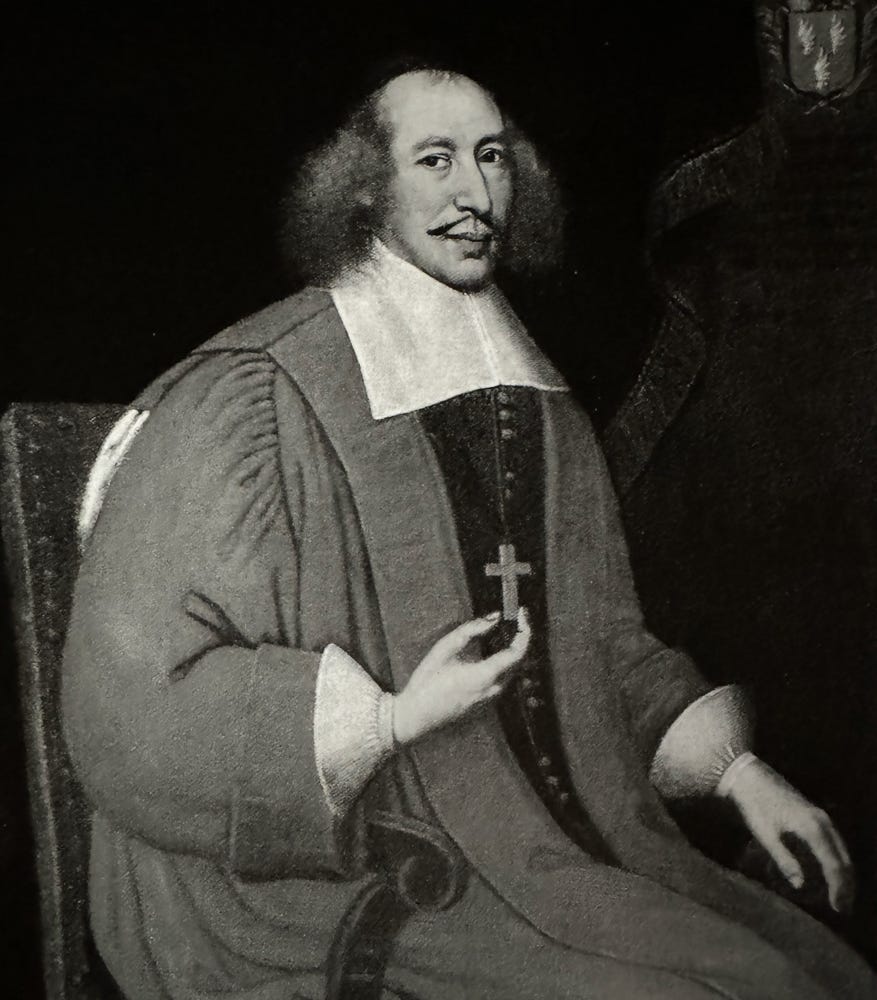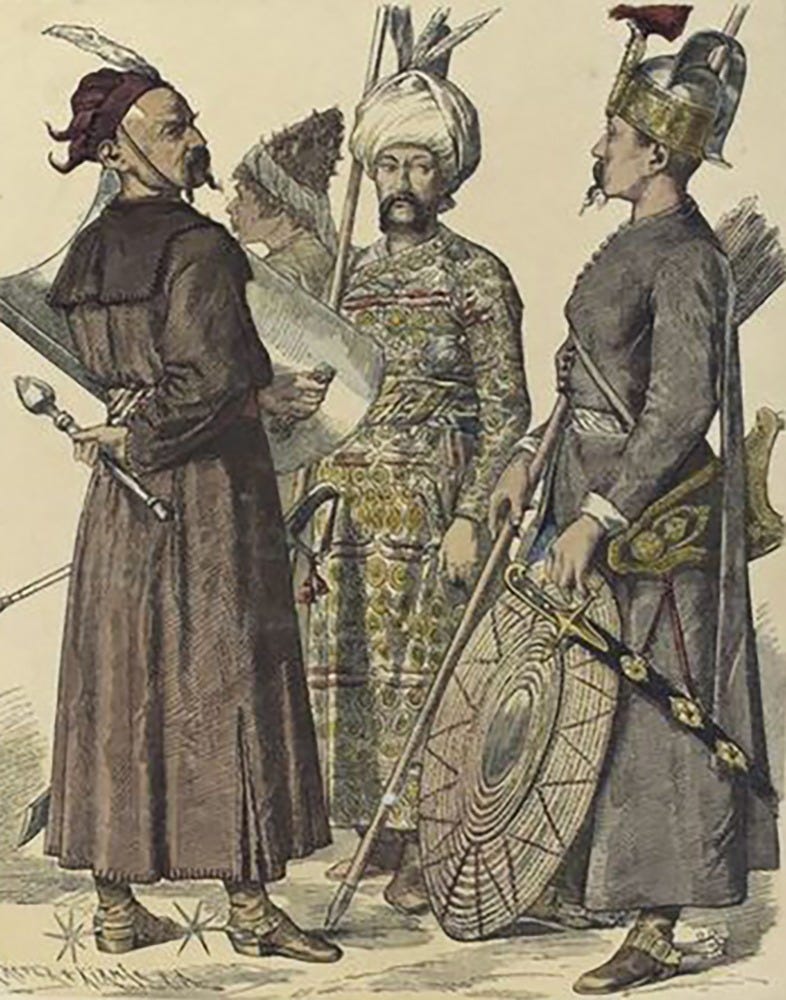Don Juan My Infamous Ancestor
Don Juan, the figure of the fictional transgressive Spanish hero immortalized in countless plays, operas, and poems from the seventeenth century to the present day, has always appealed to me, as he defied all societal mores in the relentless pursuit of womanhood in all its forms and remained fearless and defiantly unrepentant in the face of death even while being swallowed by hellish flames.
As a young lad, I discovered that the extraordinary legendary life of one of my own ancestors, Don Juan de Watteville (1618-1702), was alleged to have inspired many of the aforementioned embellished versions of the story.
The Legend
Pellison, Dangeau, Saint Simon, the Abbot of Saint Pierre, and even Balzac greatly contributed to celebrating and propagating his legend, which goes something like this:
In 1648, while battling with the Spanish armies in Italy, he seduces several Italian beauties and, as a result, kills a Spanish commander in a duel.
Forced to flee, he reluctantly becomes a monk in France, detests monastic life, seduces a beautiful nun, and tries to flee with her.
Caught red-handed by the Abbot, he assassinates him and, while on the run, also kills several others who challenge him for various reasons.
He becomes one of the most famous renegades of all time; he seeks refuge with the Turks, converts to Islam, rises to be a Pascha with his own harem, becomes a pirate king, and eventually rises to the position of Grand Admiral of the Ottoman fleet.
After years of service, Don Juan was approached by a secret Venetian envoy with whom he negotiated the surrender of his fleet and of several garrisons in exchange for a complete papal pardon for all past, present, and future sins.
Given his high-profile criminal acts and his notorious, infamous reputation, it seems most extraordinary that such a highly unusual and generous pardon was granted to him. Yet this speaks to the pragmatic nature of the Catholic Church, which at times would forgive its most egregious enemies if it should serve a strategic purpose.
From its perspective, Don Juan’s betrayal of the Turks provided invaluable intelligence and a great political victory against its main enemy, and his defection from their ranks provided Christendom with an invaluable asset whose deep knowledge of Ottoman military and political structures proved invaluable. Moreover, Don Juan was also given the run of two lucrative abbeys, thus securing not only his future but a very large fortune and the respect of all.
His life stands as a testament to the fluidity of allegiances and the pragmatic nature of power during the 17th century. His story also reveals the complexity of religious and moral authority during that tumultuous period.
Despite his crimes and numerous sins, Don Juan, quite defiant and unrepentant, secured a fabulous deal, which underscores how political considerations could often outweigh spiritual concerns.
It was pointed out by chroniclers that unlike his fictional alter ego, who was damned for refusing to repent, my ancestor, despite having lived the life of a transgressive, indulgent libertine, managed to escape the worldly consequences of his actions by fearlessly defying danger and coolly securing the most advantageous deal.
This is a real-life twist on the moral tale. Despite his troubled past, Don Juan de Watteville lived a unique, very controversial life of wealth, privilege, and luxury until the ripe old age of 82.





